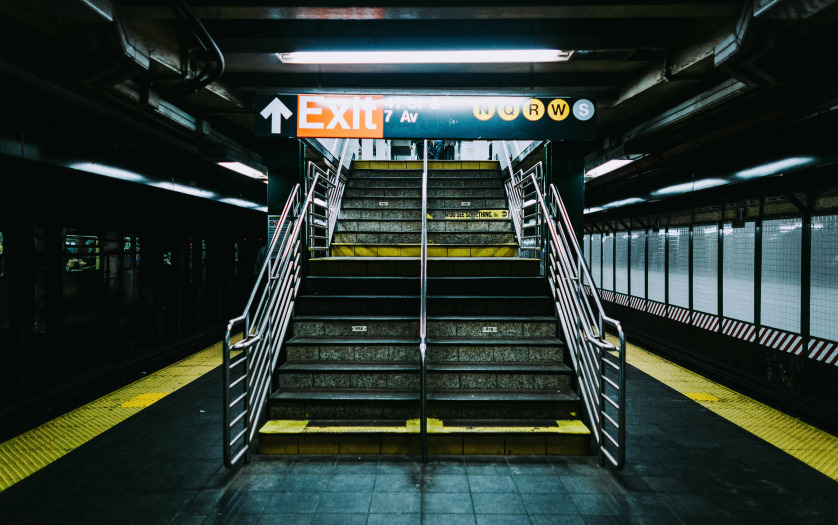
Governor Kathy Hochul on June 22 announced that the Metropolitan Transportation Authority and accessibility advocates reached a class action settlement agreement that affirms the MTA’s commitment towards accessibility in the subway system.
The agreement will resolve two class action lawsuits and is subject to court approval, a notice period where class members will have the opportunity to comment, and a fairness hearing. Under the terms of the agreement, the MTA will add elevators or ramps to create a stair-free path of travel at 95 percent of the currently inaccessible subway stations by 2055.
“No New Yorker should have to worry about whether or not they can safely access public transportation,” Governor Hochul said. “This agreement between the MTA and accessibility advocates is a critical step towards further expanding accessibility in our subways and serving the needs of New Yorkers with disabilities. My administration will continue to ensure that New York State is accessible for all.”
The announced agreement builds on the Authority’s ongoing mission to enhance accessibility throughout the subway system at an accelerated pace. The MTA has completed accessibility projects at 15 subway stations across four boroughs since 2020, all while the Authority was dealing with a dire financial crisis brought on by the COVID-19 pandemic. The MTA has awarded contracts for another 22 stations and has an additional 13 station projects in procurement.
MTA Chair and CEO Janno Lieber said, “Even during the dire financial crisis brought on by the pandemic, the MTA prioritized accessibility, leading to the completion of 15 accessibility projects. There will be 81 more projects in progress by the end of the 2020-2024 capital plan, which includes a historic $5.2 billion dedicated to accessibility upgrades. These commitments, combined with recently enacted zoning that incentivizes private developers to incorporate station accessibility projects into their buildings, will help us achieve a fully accessible transit system much faster than ever before imagined.”
MTA Chief Accessibility Officer and Senior Advisor Quemuel Arroyo said, “This is a seminal moment for accessibility in the New York City transit system. For far too long, the MTA and accessibility advocates have appeared at odds over a goal that we in fact share, making the transit system fully accessible. This settlement is not just the unveiling of a gameplan, but the start of a closer collaboration between the MTA and advocates to achieve our shared goal, to ensure that everyone has the ability to ride mass transit without needing to plan around accessible stations.”
Joe Rappaport, Executive Director of Brooklyn Center for Independence of the Disabled said, “Hallelujah! Finally, some good news! This extraordinary agreement ensures that no one will be shut out of the fastest, best way to get around town. For BCID, like the other plaintiffs and our attorneys, this is the culmination of years of advocacy, both in and out of the courtroom. We’re immensely proud we and the MTA have reached this day.”
Dr. Sharon McLennon-Wier, Ph.D., CRC, LMHC, Executive Director of Center for Independence of the Disabled, New York said, “It is my pleasure as an advocate for accessibility, after decades of advocacy and hard work by disability-related stakeholders, to celebrate the commitment to access for all who use New York City’s subway system operated by the MTA. Everyone who lives, works, or visits New York City and our amazing state will benefit from the promise of universal access that our work with the MTA on this settlement agreement will afford our community. This took a collaborative approach and dedication by numerous disability advocates who envisioned a more accessible city for all New Yorkers.”
As part of the agreement reached with accessibility advocates, the MTA has committed, subject to extensions of time based on funding commitment caps and other contingencies, to procure contracts to make accessible 81 stations by 2025, another 85 stations by 2035, another 90 stations by 2045, and the last 90 stations by 2055.








